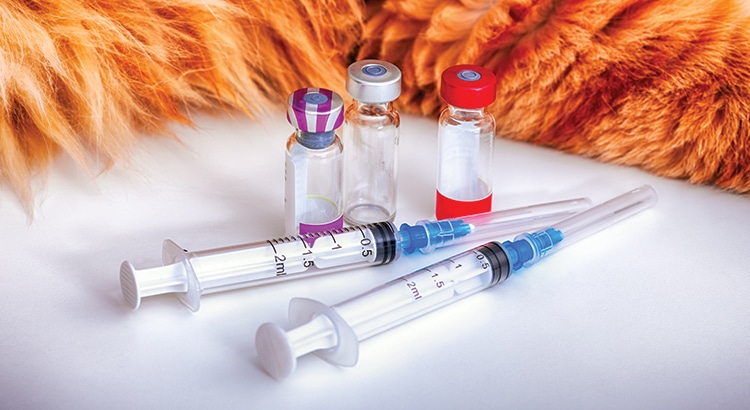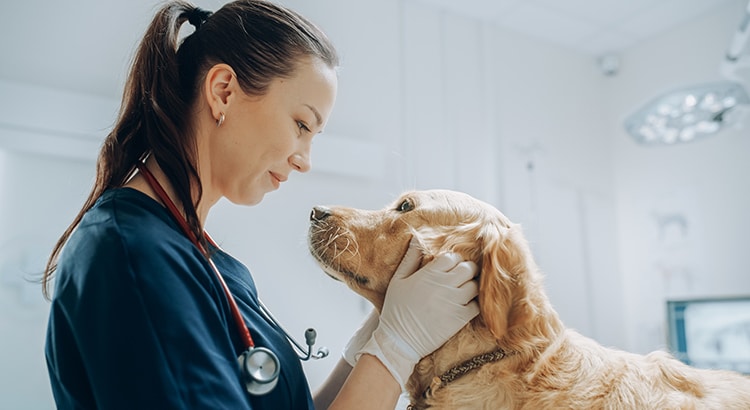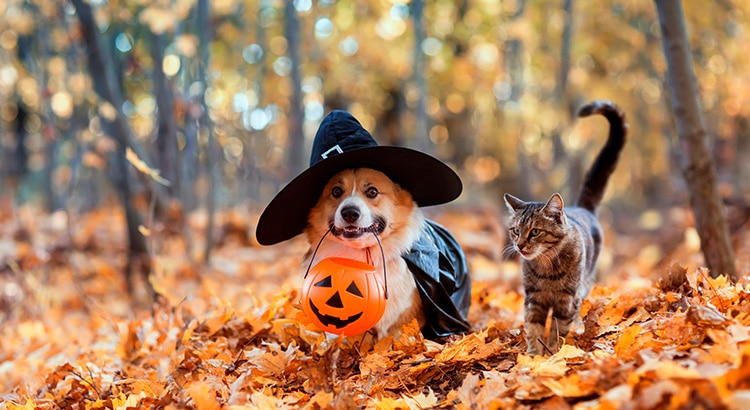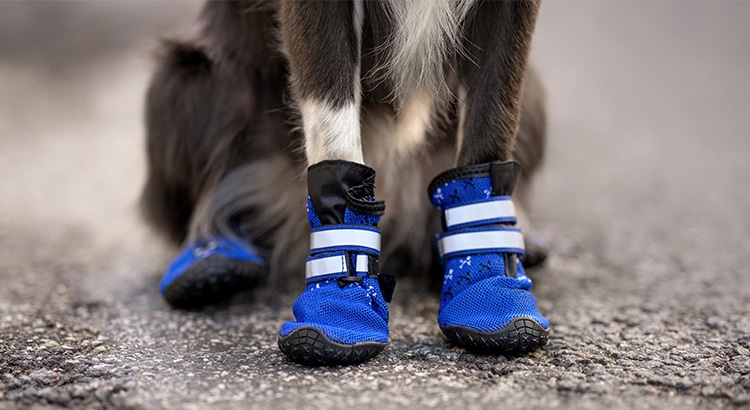
If you’re the proud parent of a dog or cat, then you know they are just as part of the family as their two-legged housemates. Pets are fully dependent on their owners to receive the best care possible, including getting vaccinated against common diseases. This article will discuss dog vaccinations, as well as cat vaccinations. So, without much ado, let’s begin.
What Vaccinations Are Necessary for Both?
Dog vaccinations are widely different from cat vaccinations, with all equally important to administer to keep your pet healthy. Below is a list of recommended immunizations and how they protect the health of your furry loved one.
Common Dog Vaccinations Include:
Bordetella: Used to protect against Bordetella bronchiseptica, a bacterium that can cause severe respiratory disease. This dog vaccination protects your pet against kennel cough.
Canine Distemper: This highly contagious virus can affect dogs of all ages’ nervous, respiratory, and gastro systems. The first signs of distemper in dogs is watery to pus-like eye discharge.
Canine Parvovirus: An infectious DNA virus that is oftentimes deadly with a 91% mortality rate. Therefore, this vaccine is essential as an untreated a puppy can die within 48-72 hours.
Hepatitis: Caused by the canine adenovirus 1, this disease causes liver, kidney, and lung infections. Dogs develop hepatitis by consuming infected dog feces, saliva, nasal discharge or urine.
Leptospirosis: A bacterial disease that s occasionally results in severe lung disease and difficulty breathing. This vaccination is essential, especially those near contaminated water (ex. lakes and rivers).
Rabies: Rabies affects the nervous system and results in major behavioral changes like aggression. It is usually transmitted through a bite from an infected animal.
Common Cat Vaccinations Include:
Feline Panleukopenia:
A life-threatening disease caused by feline parvovirus characterized by depression, anorexia, high fever, vomiting and diarrhea. Kittens are affected most severely.
Feline Herpesvirus:
A major cause of respiratory disease, with infection caused by direct contact with virus particles. The virus spreads in the cats’ saliva and infects their eyes and noses with discharge.
Rhino Tracheitis
A viral infection caused by herpesvirus-1. It is responsible for 80-90% of feline upper respiratory diseases and can also affect the reproductive tract through its inflammatory trait.
Calicivirus
This virus spreads through direct contact with an infected cat’s saliva, eye/nasal discharge, or aerosolized droplets from a sneeze. Infection resembles a common cold.
Rabies:
A viral disease that can affect all warm-blooded animals. In cats, aggression, irritability and anger towards other animals and humans is a common sign of this disease.
Feline Leukemia:
The 2nd leading cause of death in cats, second to trauma. This impairment of the cat’s white blood cells affects their immune system and can lead to cancer and death.
As you can see, many essential vaccinations exist for dogs and cats. However, it’s important to talk to your veterinarian about which ones are right for your pet.
Feline panleukopenia: A life-threatening disease caused by feline parvovirus characterized by depression, anorexia, high fever, vomiting and diarrhea. Kittens are affected most severely.
Feline herpesvirus: A major cause of respiratory disease, with infection caused by direct contact with virus particles. The virus spreads in the cats’ saliva and infects their eyes and noses with discharge.
Rhino tracheitis: A viral infection caused by herpesvirus-1. It is responsible for 80-90% of feline upper respiratory diseases and can also affect the reproductive tract through its inflammatory trait.
Calicivirus: This virus spreads through direct contact with an infected cat’s saliva, eye/nasal discharge, or aerosolized droplets from a sneeze. Infection resembles a common cold.
Rabies: A viral disease that can affect all warm-blooded animals. In cats, aggression, irritability and anger towards other animals and humans is a common sign of this disease.
Feline leukemia: The 2nd leading cause of death in cats, second to trauma. This impairment of the cat’s white blood cells affects their immune system and can lead to cancer and death.
As you can see, many essential vaccinations exist for dogs and cats. However, it’s important to talk to your veterinarian about which ones are right for your pet.
How Often Are the Vaccinations Needed?
In general, vaccinations are needed every one to three years for most adult dogs and cats. Puppies and kittens need a series of vaccinations during the first few months of life, with boosters given at regular intervals until they reach adulthood. Some vaccines are given annually throughout an animal’s life, while others may be given less often.
Certain vaccines are considered “core” vaccines, meaning they are recommended for all dogs and cats. These include vaccinations against rabies, distemper, hepatitis, and parvovirus (for dogs), and panleukopenia virus (for cats). Other vaccines may be recommended based on your animal’s lifestyle and risk factors.
For example, vaccines for Bordetella and parainfluenza may be recommended if your dog spends time around other dogs at the dog park or goes to doggy daycare. Moreover, if you live in an area where Lyme disease is prevalent, your dog may also need a vaccine for this. Ask your veterinarian about which vaccines are suitable for your dog or cat.
Vaccination Schedule for Cats and Dogs
Dog Vaccinations:
- Distemper, hepatitis, and parvovirus (DAPP): At eight to twelve weeks, then after 12 months.
- Bordetella: At six to eight weeks, then between ten to twelve weeks.
- Lyme disease: 10 to 16 weeks, then three weeks later. Following yearly afterward.
- Rabies: At 14 weeks, then a year later.
Cat Vaccinations:
- Feline distemper (panleukopenia): At six to eight weeks, till they turn 16 weeks old. You can then
go for a booster shot after a year. - Rabies: 12 weeks.
- Bordetella: Every six months.
- Panleukopenia, Rhinotracheitis, and calicivirus (FVRCP): Every six to eight weeks, then a booster shot after three to four weeks up to 20 weeks of age.
Purpose Of Vaccinations in Cats and Dogs
Vaccinations are an important part of keeping your cat or dog healthy. Vaccinations work by protecting your pet’s immune system from sometimes deadly diseases. When a vaccinated animal encounters a disease, its immune system can recognize it and fight it off.
Without the administration of preventative vaccinations for your animal, your furry friend is at risk for developing some mild or life altering diseases from their environment. Diseases can be passed from animal < > animal or animal > human. Protecting your pet protects you as well.
Conclusion
As you can see, there are a lot of things to consider when it comes to vaccinating your dog or cat. However, the most important thing is to ensure you talk to your veterinarian about what is best for your pet. If you need help covering the costs related to routine treatment Pin Paws Pet Care may be able to save you money. Visit our link today and learn more.




